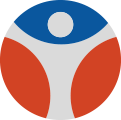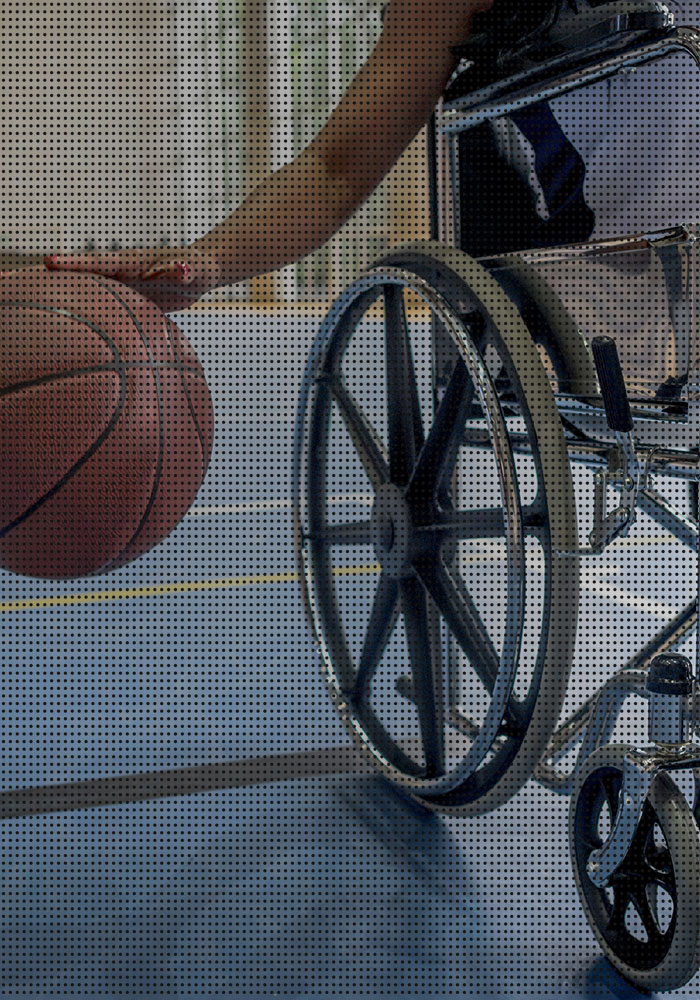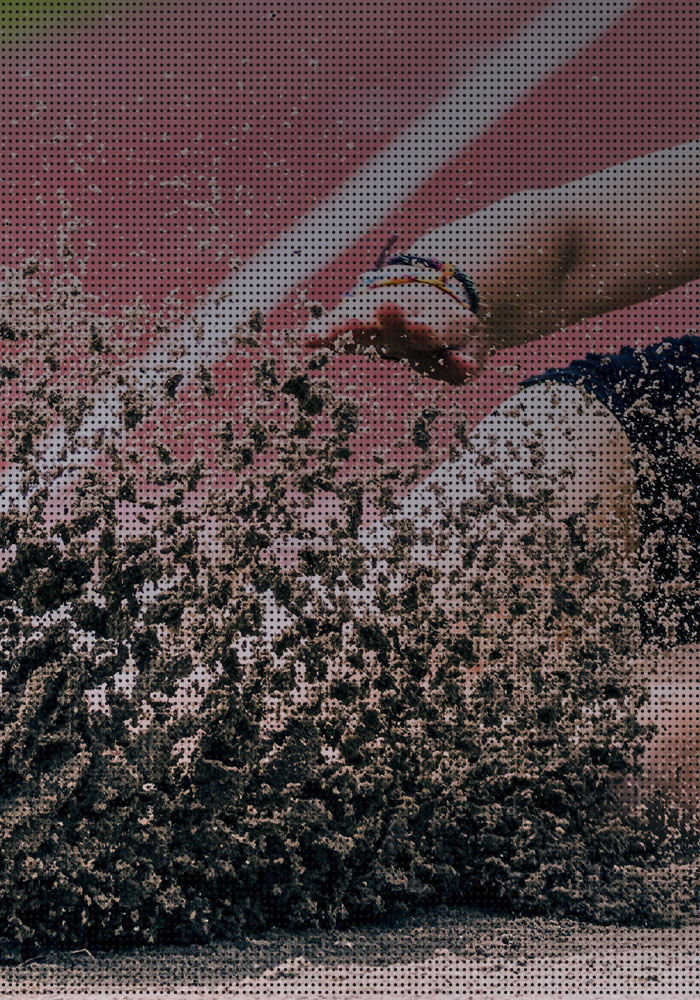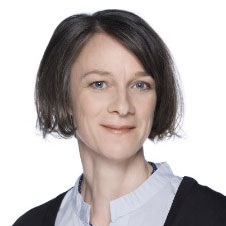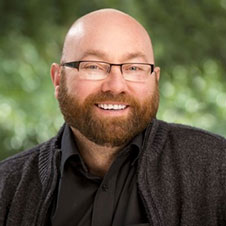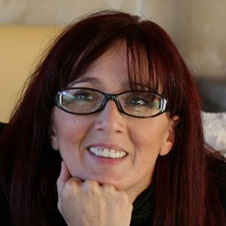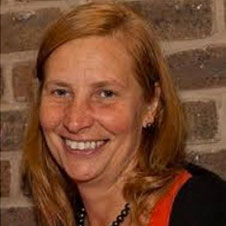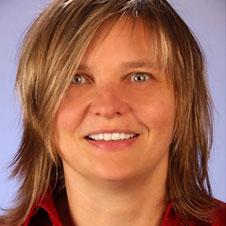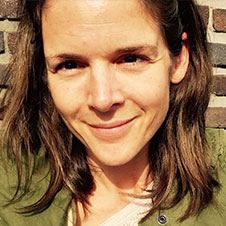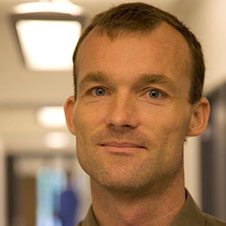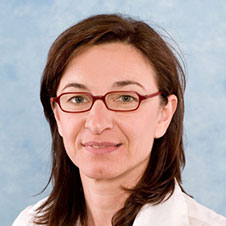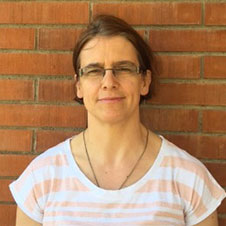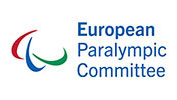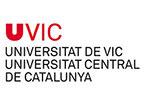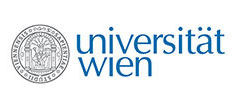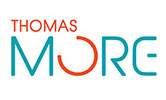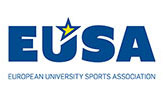Teilnahme am Projekt
Teilnahme am Projekt
Jede und jeder, die/der sexuelle Belästigung oder Übergriffe im Sport erlebt hat, ist eingeladen, an diesem Europäischen Forschungsprojekt zur Prävention sexualisierter Gewalt im Sport teilzunehmen.
Wir versichern Ihnen Vertraulichkeit, Anonymität und eine freiwillige Teilnahme.
Falls Sie bereit sind, im Rahmen einer Interviewstudie unseren erfahrenen Fachkräften von Ihren Erlebnissen zu berichten oder weitere Details und Informationen darüber erhalten möchten, kontaktieren Sie uns unter voice@dshs-koeln.de
Interviews
Der Schwerpunkt dieser Interviews liegt bei Ihrer Lebensgeschichte, speziell geht es um Ihre Erfahrungen mit sexualisierter Belästigung und Gewalt im Sport oder im Sportunterricht.
Die Dauer des Interviews dürfen Sie vorgeben. Aus bisherigen Erfahrungen rechnen wir mit einem etwa zwei bis vierstündigen Gespräch, in einzelnen Fällen wurde auch mehr Zeit benötigt oder ein weiterer Interviewtermin vereinbart. Zeitpunkt und Ort der Befragung sind Ihnen überlassen, wobei ein ruhiger und diskreter Ort wünschenswert ist. Wir bieten eine Anreise unsererseits gerne an, um Sie zu treffen. Alternativ können wir Ihnen Reisekosten rückerstatten. Eine Vergütung für das Interview können wir leider nicht zahlen.
Das Interview wird aufgezeichnet und Sie erhalten eine Kopie der Audioaufnahme. Die Audiodatei wird verschriftet. Die Datei der Audioaufnahme und die Originaltrans¬kriptionsdatei werden sicher auf einem externen und passwortgeschützten Datenspeicher in einem verschließbaren Schrank gelagert. Wir vergeben ein Pseudonym für Ihren Namen.
Während der Transkription werden alle Namen von Personen, Orten und Organisationen anonymisiert. Das endgültige anonymisierte Transkript wird durch das Projektteam ausgewertet. Die Verschriftung wird entweder durch eine/n Mitarbeiter/in des Projektteams oder durch ein professionelles Schreibbüro vorgenommen. Alle datenverarbeitenden Personen werden eine Verschwiegenheitsvereinbarung unterzeichnen.
Ihr Interview Transkript wird für einen nationalen Forschungsbericht und für einen europäischen Forschungsbericht verwendet werden.
Interviewleitfaden
Die folgenden Themenbereiche sind u.a. Bestandteil unseres Interviews:
- Familienhintergrund und Kindheitserfahrungen;
- Sportaktivitäten;
- die Verursacher/innen von Gewalt und ihre Beziehung zu Ihnen;
- wie die sexualisierten Belästigungen/ Übergriffe erfolgt sind und deren Folgen;
- wie Sie damit umgegangen sind;
- wie dies Sie und die Menschen in Ihrem Umfeld beeinträchtigt hat;
- ob Sie jemandem davon erzählt haben;
- ob Sie professionelle Hilfe in Anspruch genommen haben;
- was Sie Sportorganisationen vorschlagen, um präventive Maßnahmen zu verbessern;
- gibt es Langzeitfolgen;
- wie Sie heute darüber denken.
Was passiert mit ihrem Interview?
Ihr Interview Transkript wird für einen nationalen Forschungsbericht und für einen europäischen Forschungsbericht verwendet werden.
Das Transkript Ihres Interviews kann, zur Gänze oder zum Teil, in Forschungspublikationen, wie zum Beispiel Zeitschriftenartikeln, Berichten oder Büchern, die auch über das Internet verfügbar sind, verwendet werden.
Wie bereits oben erwähnt, werden alle Veröffentlichungen so anonymisiert, dass kein Bezug zur Ihrer Person hergestellt werden kann.
Hearing
Das EU-Projekt sieht außerdem vor, in jedem beteiligten Land eine „Anhörung“ durchzuführen, um die Berichte von Betroffenen vorzustellen, ihnen zuzuhören und Verantwortliche in den Sportorganisationen und der Sportpolitik dafür zu sensibilisieren.
Sehr gerne laden wir auch Sie – sofern Sie dies möchten – und alle anderen Interviewpartner/innen zu dieser Veranstaltung ein. Ich würde mich freuen, Sie darüber noch näher im Rahmen unseres Interviews zu informieren. Ihre Teilnahme an dem Interview ist zunächst völlig unabhängig von dem ggfs. weiteren Schritt, an der Anhörung teilzunehmen.
Für weitere Informationen National forums.
Ressourcen
Die erhobenen Berichte aus den Interviews werden dazu genutzt, praktische Materialien für die Aus- und Fortbildung oder für die Sensibilisierung von Übungsleiter/innen, Trainer/innen, Funktionär/innen, etc. in Sportorganisationen zu entwickeln. Im Rahmen des Interviews werden wir Sie darüber gerne noch detaillierter informieren.
Es ist natürlich Ihre Entscheidung, ob Sie an weiteren Teilprojekten des VOICE-Projektes teilnehmen wollen.
Für weitere Informationen Resources.
